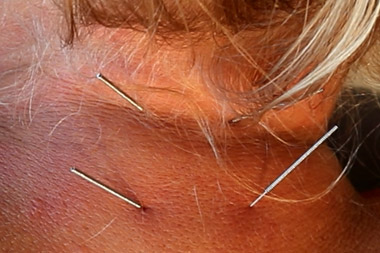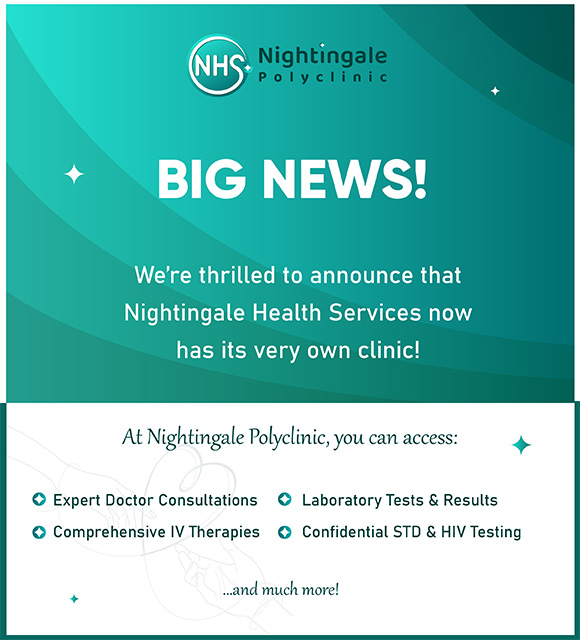What is dry needling?
Developed in the 1980s, dry needling is based on modern Western medicine. A qualified practitioner inserts filiform needles into the skin – these are fine, short, stainless steel needles that don’t inject fluid into the body, which is why we use the term “dry”.
The needles are placed into ‘trigger points’ or ‘knots’ of tight or tender muscles, causing a local twitch response (LTR). This response releases the trigger point, allows blood flow to return to the restricted area, and relieves the muscle spasm, restoring normal function and reducing pain. The length of time the needles remain in the body depends on the practitioner, but it’s usually not long. The treatment can cause short-term minor soreness in the muscle being treated, usually gone within a maximum of two days.
How is it different from acupuncture?
The needles are the same, but that’s where the similarities end. While acupuncture is designed to relieve pain, discomfort, or emotional issues by opening up a person’s energy flow or chi, dry needling aims to relieve pain by stimulating trigger points or irritable muscles.
During a session, a licensed acupuncturist will insert needles into points along the meridian lines to promote inner ‘balance’. Based on ancient Asian medical practices, these lines represent the body’s organs, and the aim is to restore proper flow of energy throughout the body by unblocking the interrupted chi. Acupuncture needles are usually left in place for 15 to 30 minutes.
Acupuncture is usually used for internal ailments, including:
- digestive problems
- insomnia
- stress
- chronic pain
The home physiotherapists at Nightingale Health Services are qualified dry needling practitioners and will be able to assess whether dry needling is a suitable option as part of your treatment plan. Contact us on 800 UAE (800823).

Dry needling is used to treat a number of conditions, including:
- sports injuries
- muscle pain
- headaches
- chronic pain
- fibromyalgia

